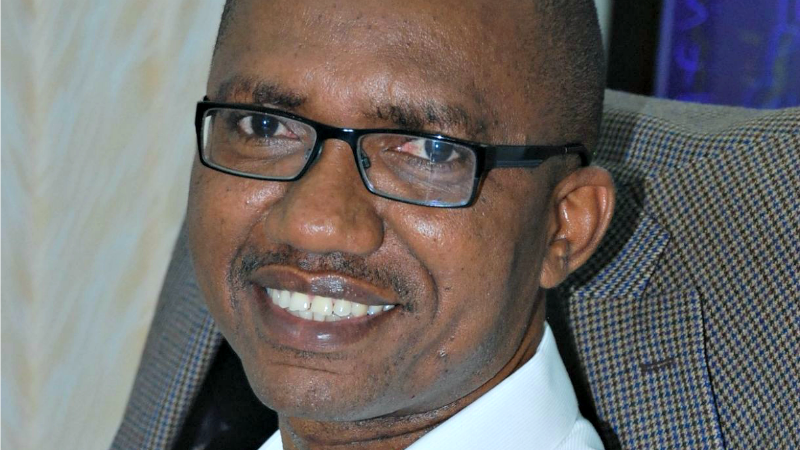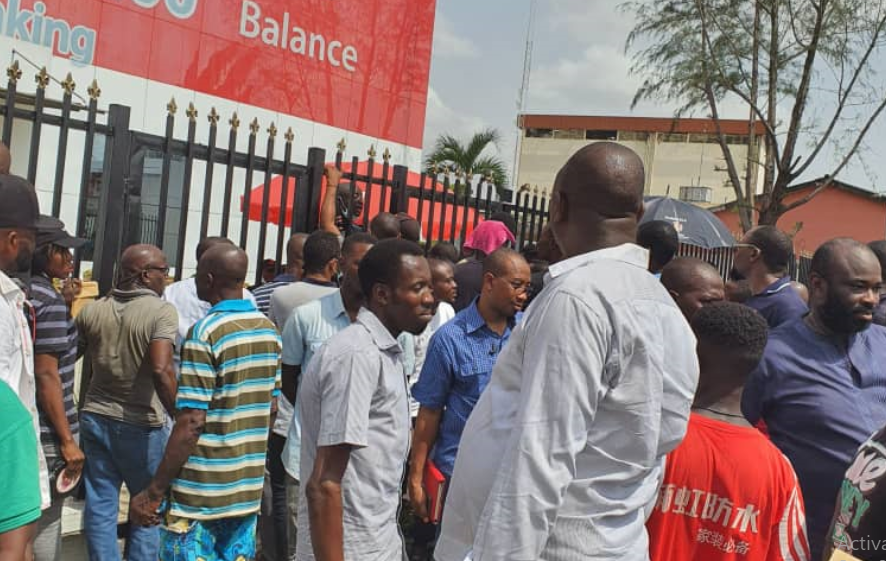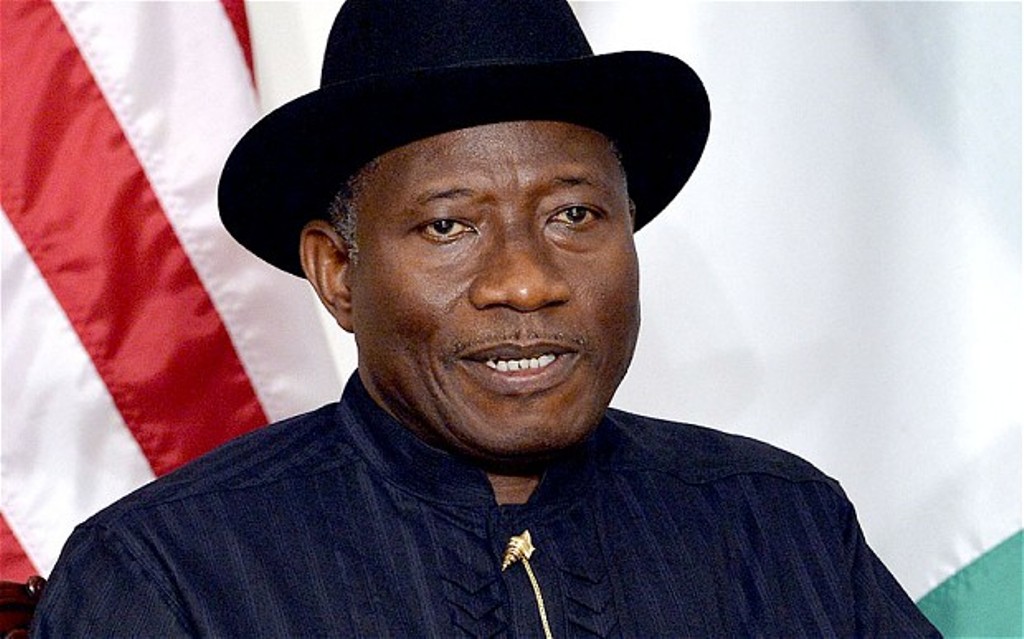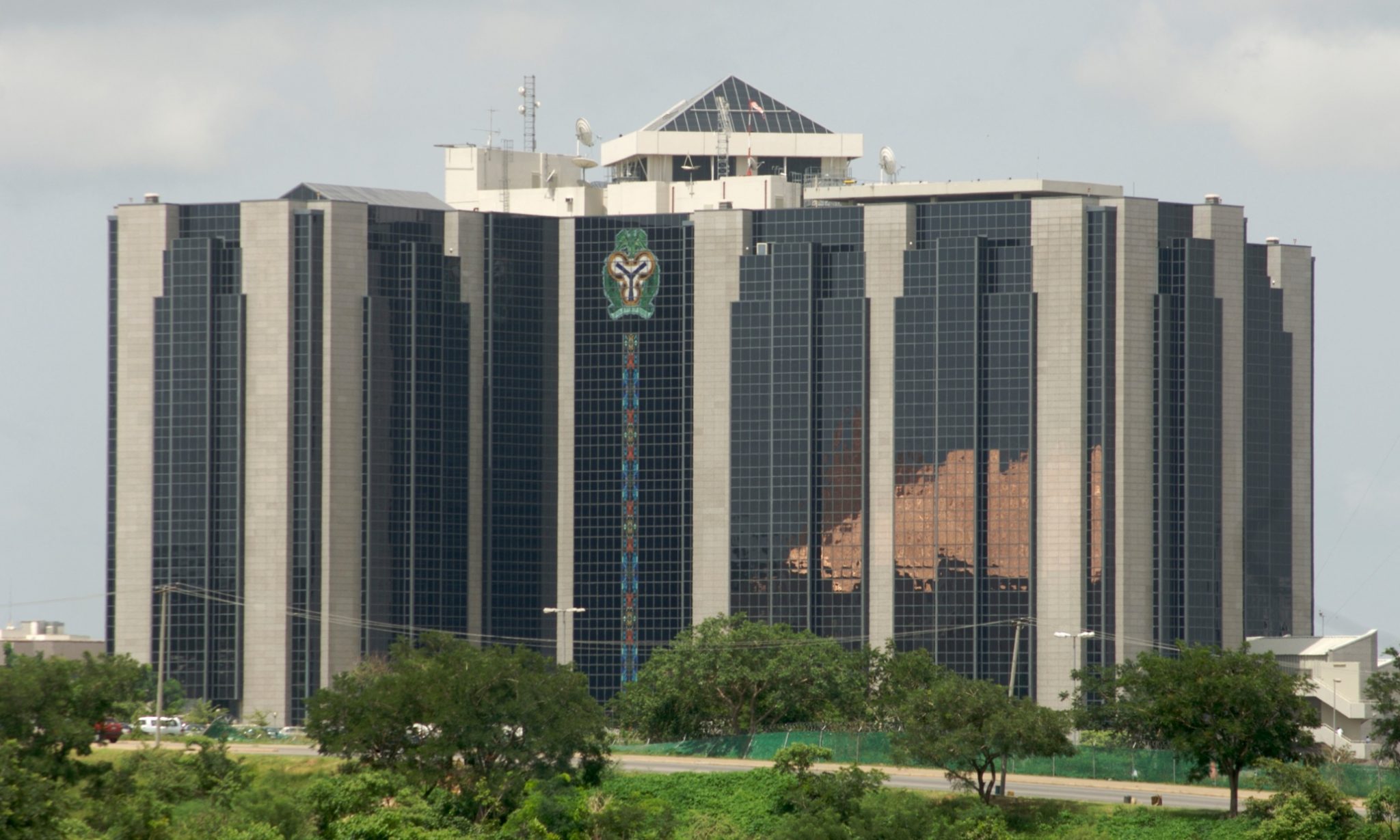Azu Ishiekwene
It’s uncertain that he knew the town hall video meeting would leak. When Herbert Wigwe, the Managing Director and CEO of Access Bank hosted a virtual town hall with his staff last week, the only thing on his mind was how the bank would come through the present global health pandemic stronger.
His message was clear: If there was only one commercial bank left standing when all is said and done, that bank must be Access. On the whole, he struck the right note offering, above all, to take a 40 per cent pay cut on his annual salary (minus other benefits), estimated at N200million.
For all his care and right posture during the town hall, however, he stepped on a minefield and tripped on an explosive subject: staff cut.
Wigwe said the bank would fire some of the 75 percent of staff on its payroll, mainly those performing outsourced jobs. As if the threat in itself was not enough, his misery would be compounded after the video leaked and the story was twisted to say that he planned to sack 75 percent of the bank’s staff, which he did not say.
But he should have known better. Wigwe is the chairman of the committee of bank CEOs and his bank, Access, is the biggest by asset size after the acquisition of Diamond Bank early last year. In profitability, it is behind GT Bank, Zenith, and probably, UBA. But for all that is ripe and fit to pluck, Access isn’t doing badly.
Sure, what Wigwe hosted was a staff town hall, an internal affair, but given his position in the industry and the place of his bank, he should have known that whatever he said, on the eve of the easing of the lockdown would have impact and consequences far beyond Access.
And it did, raising serious questions about the bank’s sensitivity and whether it thinks the public has been reading its financial results upside down.
How can a bank which posted N48billion profit before tax in the first quarter of 2020 suddenly decide at the threshold of its moment of trial that tellers, tea servers, and a few security men at the gate, are its biggest problem?
How can a bank which swallowed another bank almost its own size, decide that the relatively insignificant earnings of its most vulnerable staff are now its headache?
Let me be clear. No one should minimise the impact of the virus pandemic on business or think for a minute that business – any kind of serious business – should continue doing things the same way.
A study by PwC released on April 1, showed that as at 2018, while banking industry credit exposure to the oil and gas sector was 31 percent (the highest), its exposure to manufacturing was next with 15 percent. Which means that between oil and gas and manufacturing, credit exposure by the banks stood at nearly 50 percent. Yet, these sectors, already buffeted by pre-existing headwinds, have been among the worst hit by COVID-19.
Under the circumstance, a forward-looking management must do what it thinks necessary to remain afloat and hopefully, keep its shareholders happy.
And taking dictation from government about who to hire or fire, what to add or remove, doesn’t exactly sound like a sensible thing to do at times like these.
But that’s one side of the coin. On the other side is the fact that corporate aristocrats like Wigwe who insist, with good reasons, that businesses must stand or fall on their own strength as independent, private entities, have never quite lived what they preach.
In 2009, for example, on the watch of Sanusi Lamido Sanusi then governor of the Central Bank, the government bailed out five distressed banks with N400billion. Some of these banks had fraudulently inflated loans to the aviation sector in a horrific teeming and lading to cover their tracks.
That was not all. Two years later, the Asset Management Corporation (AMCON), set up by the government to clean up the mess in the sector, pumped in another N679billion to save the so-called three bridge banks. But for government’s intervention First Bank, oldie and industry icon, might also have gone under irretrievably. But today, it has turned a profit, thanks to government bailout.
AMCON was not set up to manage the risks posed by outsourced staff or such petty headaches. No. It was set up primarily because of the failure of aristocrats in the banking industry to manage their appetite and contain their greed.
There were, of course, one or two sterling exceptions in the sector. But the point is that a sector which in the past was so handsomely – and some might even say undeservedly – saved from itself by government intervention, must think twice before wielding the stick – and in this case targeting at low paid workers who, even if they were all sacked, would hardly make any difference to the present cost structure of the bank.
Bank chiefs no longer ferry huge cash in foreign currencies in chartered private jets to top oil industry power brokers in Abuja as kick-back for keeping lucrative government accounts. Or conspire with senior public servants to endlessly roll over funds meant for public works, just to corner the interest. The introduction and sustained enforcement of Treasury Single Account (TSA), may have curtailed such shenanigans.
But some aristocrats are still there doing stuff, as they say. Their banks have private jets maintained at a daily parking fee of $26,000, while they take huge amounts of money annually (running into billions of naira) as “upfront” personal payments, only to spread the cost among the branches as “head office apportionment or allocation”. Some have companies incestuously involved with the banks while everyone turns a blind eye.
The fellows still live like, well, aristocrats enjoying huge benefits paid by the banks even long after some of them are supposed to have retired and left. Once a fat cat, always a fat cat. Yet, it is among these fat cats that the banks should be looking to cut costs first, instead of trying to squeeze water out of the stony existence of a poor few.
And that should be easier, because the Central Bank has provided the forbearance that should make it possible. The bank maintained the current monetary policy rate in March. It has shifted the deadline for recapitalization by one year.
It has reduced interest rates on all CBN interventions from nine to five percent. It is creating a N50billion targeted credit facility and providing liquidity injection of N3.6trillion.
This is apart from N100billion support to the health sector, N2trillion to manufacturing and N1.5trillion to the impacted industries in the real sector. I’m not even going to mention the arbitrage that banks cream off forex or all sorts of charges on customers written in small prints.
With these benefits in their pockets and a bit of soul-searching among the aristocrats, surely there may be no need for staff bloodletting at this time.
It’s possible that in the specific case of Access, there could be other undisclosed sources of pressure on the bottom line, perhaps fallouts related to the purchase of Diamond or even matters predating the purchase.
If the bank made N48billion in the first quarter of 2020, for example, roughly N2billion more than in the corresponding period quarter in 2019 pre-Diamond era, there could be concerns about efficiency or return on assets relative to other competing brands. Even if that were the case, it would hardly be addressed by peripheral cuts.
The aristocrats in the system must manage their appetite. To rebuild the wreckage of the post-COVID-19 world demands not only a containment of the virus, but fundamentally a containment of appetite.
Wigwe should not be mad at the leaking of the video. In hindsight, it was for his own good and for the greater good of the industry, which may have been obliged to follow his lead, with disastrous consequences.
As Jack Ma said, just to be alive at the end of 2020, is profit.
Ishiekwene is the MD/Editor-In-Chief of The Interview







